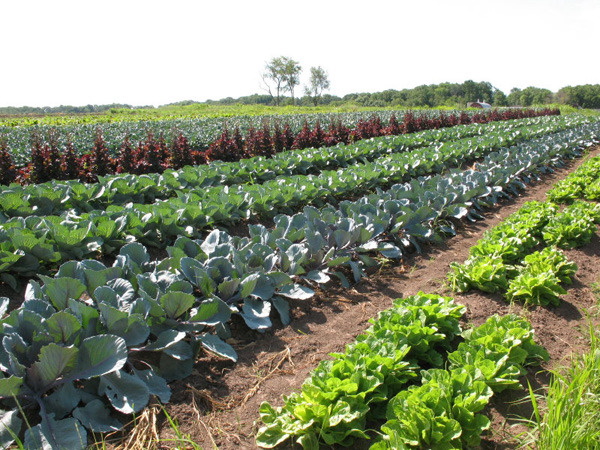Currently, 11% (2,140 of 19,515 total) of all U.S. organic farms share a watershed with active O&G drilling. Additionally, this percentage could rise up to 31% if unconventional O&G drilling continues to grow.
Organic farms represent something pure for citizens around the world. They produce food that gives people more certainty about consuming chemical-free nutrients in a culture that is so accustomed to using pesticides, fertilizers, and herbicides in order to keep up with booming demand. Among their many benefits, organic farms produce food that is high in nutritional value, use less water, replenish soil fertility, and do not use pesticides or other toxic chemicals that may get into our food supply. To maintain their integrity, however, organic farms have an array of regulations and an extensive accreditation process.

